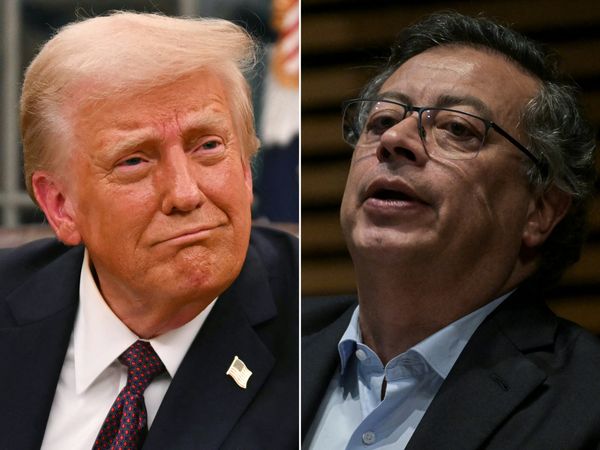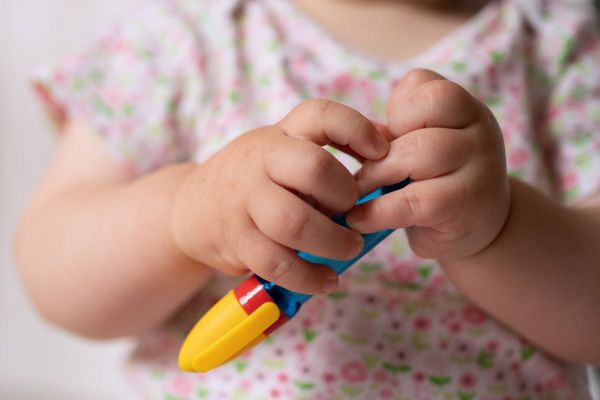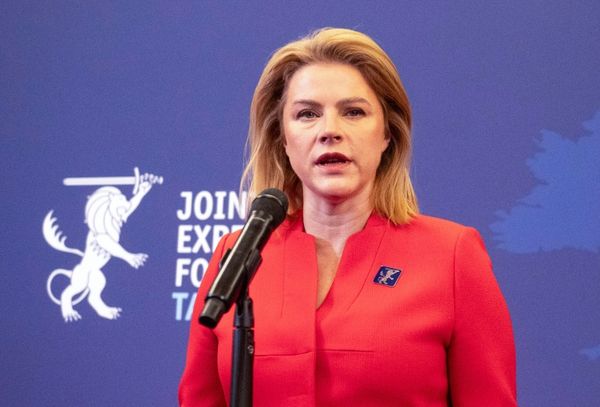
Unlike Prime Minister Anthony Albanese, new NSW Premier Chris Minns is likely to fall short of achieving a Labor majority. Instead, he will be required to work with two or three members of a record-large lower house crossbench to remain in government and get legislation through.
And if the crossbench is united on anything, it is the need for meaningful gambling reform in one of the world’s most gambling-captured jurisdictions.
As most fair-minded advocates for gambling reform observed in recent months, now-former premier Dominic Perrottet deserved credit for bravely pursuing his cashless pokies solution. No Liberal premier or opposition leader has gone to an election proposing meaningful gambling reform since former WA premier Richard Court vowed to disallow pokies in WA pubs and clubs in the early 1990s, when most other states were opening the floodgates.
Perrottet’s goal of December 2028 was too late for NSW to go completely cashless. But for the previous three Coalition victories, the normal state election cycle saw the Liberals and the Nationals signing those notorious ClubsNSW pre-election memorandums of understanding (MOU) promising to bestow even more regulatory and tax favours on the industry.
Room for reform
There is no Coalition or Labor ClubsNSW MOU this time, meaning Minns has far more policy wiggle room to embrace reform.
When NSW Labor was swept from office in 2011, pokies losses across the state were below $5 billion a year. Fast forward 11 years and 2022 delivered a record of more than $7 billion in losses. This is a high-water mark that a social justice party like Labor surely can’t be comfortable with.
Minns is unlikely to embrace going fully cashless, but if the crossbench is looking for other policy proposals to help tame the gambling beast, here are a few suggestions:
First, set a revenue reduction target. The clubs and pubs never publicly explain why the NSW community needs to lose a staggering $7 billion on the state’s 87,000 poker machines to keep them viable and maintain all those jobs and grants they crow about. In per capita terms, this is more than any other jurisdiction in the world. Why wouldn’t Minns pledge to try and reduce this to the $5 billion a year when Labor was last in office?
Second, why does NSW need to retain Australia’s most high-intensity machines with a $10 maximum bet? The Productivity Commission twice recommended a $1 maximum bet. Fifteen years ago, Victoria went from a $10 to $5 maximum without much trouble, meaning you can only lose $600 an hour south of the Murray but $1200 an hour across NSW. Put simply, NSW machines are more dangerous in terms of the size of losses — put some speed limits on them.
Third, get serious about trimming the enormous NSW pokies fleet through an ACT-style voluntary buyback mechanism. Don’t force any club or pub to sell, but set a decent reduction target of up to 20,000 machines and give it a serious budget such as $500 million. This could be funded by increasing the tax on NSW pokies clubs, which are the lowest in Australia, or ending the rort of NSW issuing perpetual pokies licences.
Fees and machines
Many pubs and clubs had their 10-year licences expire in August 2022, and Victoria is in the midst of raising more than $1 billion in additional fees in the form of new 20-year licences. Broadly the Victorian licence fee equated to about six months of revenue, which in NSW terms would raise around $3.5 billion.
If the NSW government declared that all existing licences would continue for free until expiry in 2033, it would create a jumping-off point and a revenue-raising opportunity to get numbers down below 50,000. Again, no venue would be forced out, but they would pay a bit more to stay in.
Another obvious way to reduce numbers is capping individual clubs at 500 machines per venue. At the moment, it is completely uncapped and the biggest clubs have more than 700 machines. By way of contrast, NSW pubs are strictly limited to 30 machines and also pay a much higher rate of tax.
If regional NSW pokie clubs are worried about their viability, perhaps they should consider handing the keys to their local council. The pokies Frankenstein in NSW clubs has become so big that there are some regional councils operating with inferior and less valuable sport and recreation facilities than what is owned and operated by their ClubsNSW members.
Other avenues
There are more than $10 billion in assets sitting on the balance sheets of ClubsNSW. NSW Councils and their communities would benefit from adding those assets to their balance sheets. Then they’d have the financial strength to dial down the reliance on pokies revenues while keeping the golf courses, bowling greens, tennis courts, cricket ovals and rugby fields open to the public.
There are many other policy levers that can be pulled, particularly reducing opening hours at the 2600 pub and club pokies venues in NSW and also cracking down on aggressive marketing through loyalty schemes.
A government-issued cashless card is due to commence in Tasmania by the end of 2024, and most of Australia’s major casinos are also being forced to introduce cashless pokies as an anti-money laundering measure.
Eliminating cash altogether remains an admirable policy goal, but with Minns having campaigned so hard against it, the prospect of a crossbench leveraging this into the law before the 2027 NSW election looks remote.
But there’s so much more that can be done within the broad sweep of gambling reform. Just look at all the Canberra action where the teals are driving a clampdown on gambling advertising and a potential ban on the use of credit cards for online gambling.
Dublin-based Sportsbet is now fleecing about $2 billion a year from more than 1 million registered Australian gamblers, and its local CEO Barni Evans will be fronting the federal online gambling inquiry on Tuesday. He’s likely to get a pretty rough time and is no doubt still smarting from this remarkable recent touch-up by the AFR’s feared Rear Window columnist, Joe Aston.
The press has certainly turned on the $25 billion-a-year Australian gambling industry in recent months, and with reports that News Corp’s two representatives on the BETR board have recently resigned, it might even be proving to be too toxic for the Murdochs.







